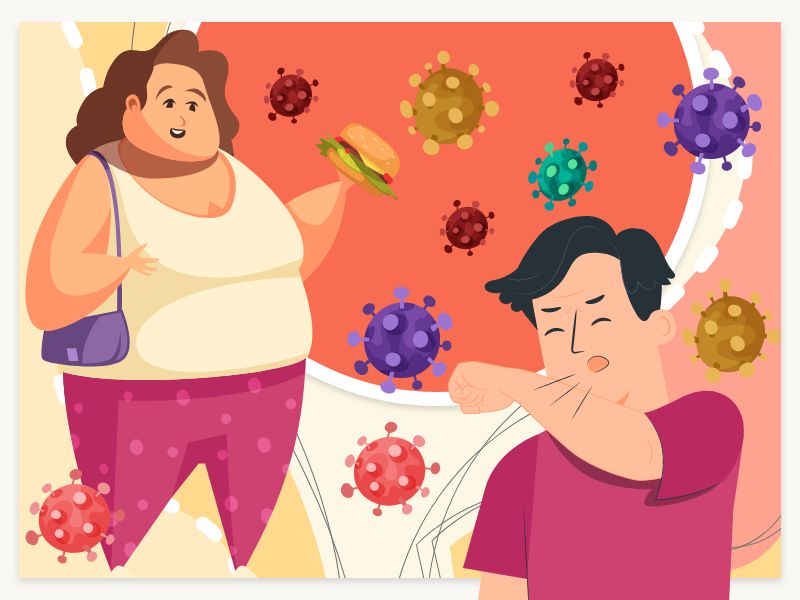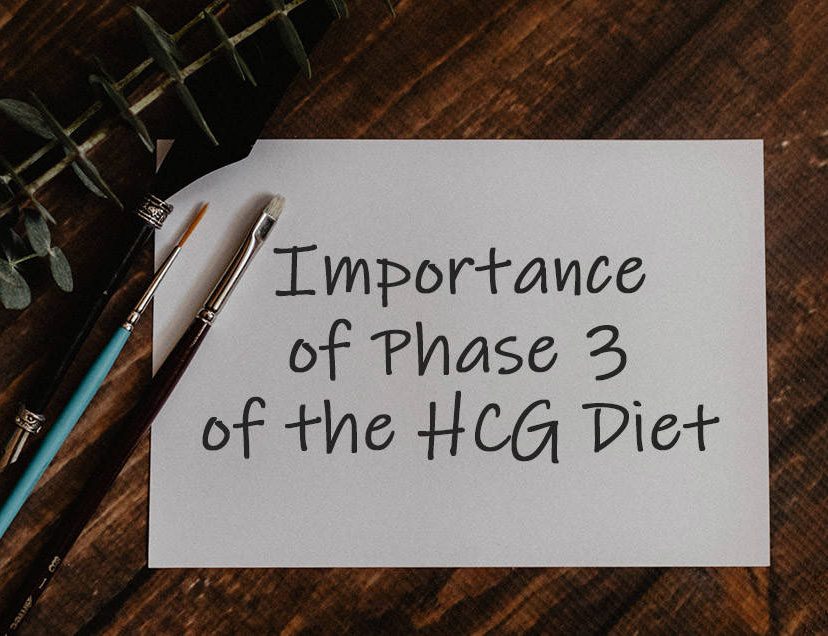10 Hormones That Cause Weight Gain: How the HCG Diet Regulates Them for Effective Weight Loss
Losing weight is more challenging, but it can even be more challenging when your hormones are not balanced. Below are some hormones that you’ll want to get in check to make sure you are on the healthiest weight possible.
10 Hormones That Cause Weight Gain
-
Leptin: The fullness hormone
Leptin signals when you’ve had enough to eat, preventing overeating. However, consuming sugary foods can lead to fat accumulation and increased leptin production. This causes your body to become resistant to its effects. This vicious cycle contributes to weight gain.
-
Ghrelin: The hunger hormone
Ghrelin triggers feelings of hunger. Obese individuals may experience constant high levels of ghrelin, leading to more frequent eating and weight gain. Strict diets or fasting can also elevate ghrelin levels.
-
Estrogen and progesterone: The female sex hormones
Estrogen and progesterone are female sex hormones. An imbalance in estrogen and progesterone levels. can lead to weight gain.
-Too high estrogen causes weight gain. It irritates the cells that produce insulin, making you insulin resistant. As a result, your blood sugar level rises, and you gain weight.
-Too low estrogen can make you gain weight also. Typically, low estrogen happens during the menopausal period, when your ovary no longer produces estrogen. Your body may start to look for estrogen elsewhere. One good source is fat cells. To put things back in balance, your body will convert all the extra energy into a fat deposit on your belly.
-A drop in progesterone can increase your appetite and slow down your metabolism, leading to weight gain. Progesterone levels can drop due to stress, menopause, and the use of contraceptives.
-
Insulin: The Blood Sugar Regulator
Insulin helps transport glucose into cells for energy or storage as fat. Overconsumption of sugary foods can lead to insulin resistance, where your muscles fail to recognize insulin, resulting in elevated blood sugar levels and weight gain.
-
Cortisol: The Stress Hormone
Cortisol, the stress hormone, affects various bodily functions. Its primary function is to:
-Decrease the stress level by increasing the blood sugar level.
-Aids in the metabolism of protein, fat, and carbohydrates
A higher level of cortisol results in overeating. It also increases visceral fat deposition and fat cell maturation, thus leading to weight gain.
Other Hormones that Cause Weight Gain
-
Peptide YY (PYY)
PYY is a hormone that helps control food intake and reduces appetite. Boosting PYY levels can aid in weight management, and consuming fiber-rich, protein-packed, and low-carb foods can help increase PYY production.
-
Thyroid hormones
Your thyroid gland produces three thyroid hormones. The three hormones function together in regulating your metabolism, heart rate, sleep, growth, and brain development.
Sometimes, these three hormones become imbalanced. Underproduction causes hypothyroidism and is often associated with slow metabolism and weight gain.
-
Melatonin
Melatonin is a hormone that regulates wakefulness and sleep. When you sleep, your body releases growth hormones, which help heal, build lean muscles and improve body composition.
When you do not get enough sleep, these processes get disrupted, causing stress and inflammation-induced weight gain.
-
Glucocorticoids
This hormone helps reduce inflammation which can sometimes lead to unfortunate outcomes like weight gain. However, the effect of this hormone opposes that of insulin. It doesn’t favor sugar as a fuel for the body. An imbalance of glucocorticoids can lead to weight gain.
-
Testosterone
The testosterone hormone is a male sex hormone produced by females in a small amount. Together with the female sex hormone, this hormone helps regulate, repair, and maintain the reproductive tissues, and bone mass of women and improve libido. However, high stress and age can significantly decrease the testosterone level, leading to bone loss, muscle mass loss, and obesity.
How does the HCG diet regulate these hormones?
The HCG diet utilizes HCG, which is naturally produced during pregnancy. This hormone has been used for decades to aid in weight loss, specifically targeting the stubborn fat gained during pregnancy. Here’s how the HCG diet works to regulate hormones and promote weight loss:
- Mobilizing Fat Stores: HCG encourages the body to release stored fat, converting it into usable energy. This process targets the areas most affected by pregnancy weight gain.
- Restoring Hormonal Balance: By restoring hormonal equilibrium, the HCG diet helps regulate appetite, cravings, and metabolism. This balance is essential for sustainable weight loss.
- Preserving Lean Muscle: HCG promotes the preservation of lean muscle mass while targeting fat stores for energy. This preserves your metabolic rate, ensuring that you burn calories efficiently.
- Reducing Fat Deposits: The HCG diet specifically targets fat deposits, particularly in stubborn areas like the abdomen, hips, and thighs. This allows for more targeted and effective weight loss.
- Resetting the Metabolism: The HCG diet helps reset your metabolism, enabling your body to burn calories more efficiently and prevent weight regain.





